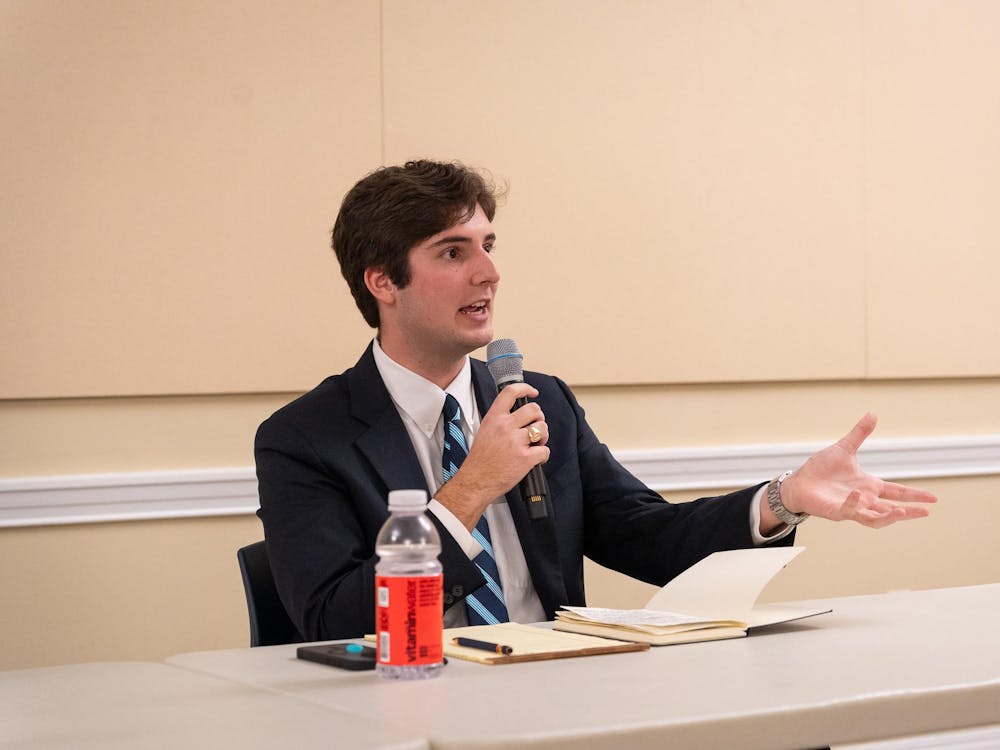Affirmative action suffered a setback Monday, when the 11th Circuit Federal Appeals Court ruled that the University of Georgia unconstitutionally used race in admissions by giving non-white students an arbitrary advantage.
Officials at the University of Georgia have not decided what their next step will be.
"We are currently reviewing the court decision and after we have had an opportunity to discuss the ruling with our client, the University of Georgia, we will decide what our next course of action will be," said Russ Willard, a spokesman for the Georgia Attorney General's Office.
At the University of Georgia, race is used in the second round of admissions selection, as part of a 12-factor Total Student Index for deciding which borderline students to admit.
Race is a large factor in the index in which non-white students receive a bonus of about 6 percent of the maximum score possible.
At the University, admissions decisions used to be made with a similar process. However to reduce its liability to lawsuits like this one, the University revised its affirmative action system in 1999. Although it still considers race in admissions, it stopped using a point system, which gave extra points to applicants who were not white.
Based on standing Supreme Court opinion, the equal protection clause of the Constitution requires that any use of race by state institutions be narrowly tailored and serve a compelling state interest.
The federal appeals court criticized the University of Georgia program because it mechanically awarded bonuses to every non-white applicant and limited the range of other applicant traits that could be considered.
"Assuming diversity is an important enough interest [the Supreme Court said] this particular admissions policy wasn't narrowly tailored to accomplish that goal of diversity," University Law Prof. Barbara Armacost said.
But the federal appeals court declined to rule whether diversity and affirmative action was a legitimate state interest.
Previously, in Regents of the University of California v. Bakke decision, the Supreme Court declared that diversity was a justification for race-based admissions.
But this decision could signal a new trend.
"I think affirmative action is on the ropes," University Law Prof. Kim Forde-Mazrui said. "Even if the Court says diversity is a sufficient justification for affirmative action, the school would need to show that it only uses race to the extent necessary to achieve a diverse student body and no more."
This has been difficult to determine in recent years as there have been conflicting circuit court rulings in different regions of the country.
Affirmative action was ruled unconstitutional at the University of Texas' law school in 1995. But it was upheld when challenged in the state of Washington.
Affirmative action also recently was upheld for the undergraduate program at the University of Michigan but was later struck down at the law school.
Previously the Supreme Court has declined to rule on higher education affirmative action cases, but "it seems like the Supreme Court is going to want to take one soon," Forde-Mazrui said.
Forde-Mazrui said he thought this was likely because of the divergence of opinion at the appellate court level.
The Supreme Court "believes the Constitution should be interpreted consistently," Forde-Mazrui said.






